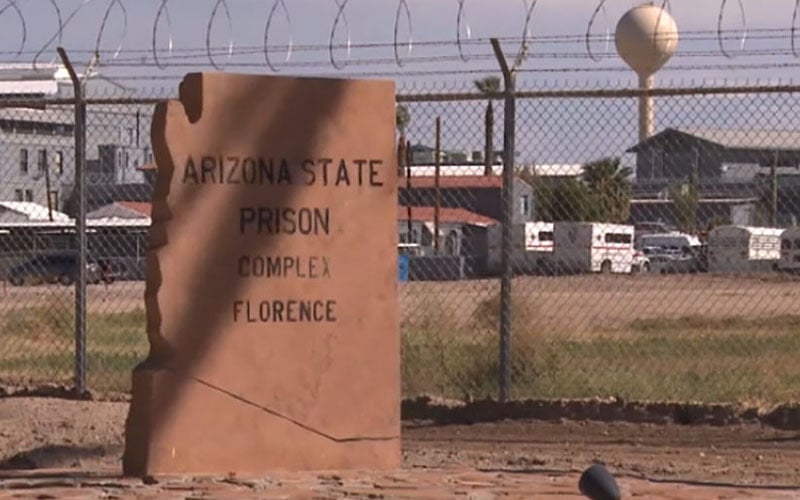WASHINGTON – Despite three decades of promises, Congress has never fully reimbursed state and local law enforcement agencies for the cost of jailing convicted criminals who are in the country illegally.
Arizona officials aren’t optimistic that will change under President Donald Trump, despite his focus on immigration.
During his first term, Trump proposed eliminating the reimbursement program, asserting in his final budget proposal that it “is poorly targeted and an ineffective tool to support immigration enforcement.”
“A lot of counties in Arizona gave up on submitting because it wasn’t worth their time,” said
Yavapai County Sheriff David Rhodes.
In 2023, Yavapai received $107,000 through the State Criminal Alien Assistance Program, known as SCAAP. At roughly $125 per inmate per day, that’s a fraction of the costs incurred.
“They don’t even pay anywhere near that,” he said, recalling a year when the county spent about $700,000 on inmates covered by SCAAP and received just $120,000 from the federal government.
“It was just a small amount of reimbursement,” said Rhodes, president of the Arizona Sheriffs’ Association.
According to the Justice Department, “SCAAP provides federal payments to states and localities that incurred correctional officer salary costs for incarcerating undocumented criminal aliens with at least one felony or two misdemeanor convictions for violations of state or local law, and incarcerated for at least 4 consecutive days.”
Last year, Congress set aside $234 million for the program. The outlay has fluctuated from $130 million when it started in 1995 to $585 million a few years later, according to the Congressional Research Service and congressional budget documents.
In 2018, the state Department of Corrections and Arizona counties received $8.4 million through SCAAP, according to the federal Department of Justice. Last year’s total was $4.3 million, the least in the last decade.
“We still absolutely do not receive the right amount of money,” said Pima County Sheriff Chris Nanos.
Pima received $122,000 last year but doesn’t intend to apply again this year, he said.
“Less than 1% of people in my jails are migrants,” Nanos said.
The Arizona Department of Corrections received $5.3 million in 2023 through SCAAP and $3.7 million in 2024. Officials declined to discuss the program.
Like Trump, President Joe Biden also proposed zeroing out SCAAP in his annual budget only to be overruled by Congress.
“Since the Obama administration it hasn’t been properly funded,” said Ira Mehlman, media director at the Federation for American Immigration Reform. “The money has really begun to dry up.”
The rationale for the program is that states shouldn’t bear all the costs of lapses in border security.
“The federal government failed to prevent these illegal immigrants from being let into the country,” Mehlman said. “Because of their failure, there needs to be reimbursement.”
As recently as 2016, all but one of Arizona’s 15 counties received SCAAP funds.
Last year, only five did, with reimbursements ranging from $1,102 for Mohave to $439,000 for Maricopa. Maricopa collected $860,000 in 2017.
“SCAAP funding has decreased over the past couple of years,” said Kirstin Prindle, Maricopa County’s deputy budget director.
The Yavapai County sheriff noted that Trump’s focus on immigration enforcement includes an expectation of help from local law enforcement.
“I hope that we can get some more money here,” Rhodes said. “They’re working really hard to do some great things. They need to reimburse counties the full cost in exchange for cooperation.”

